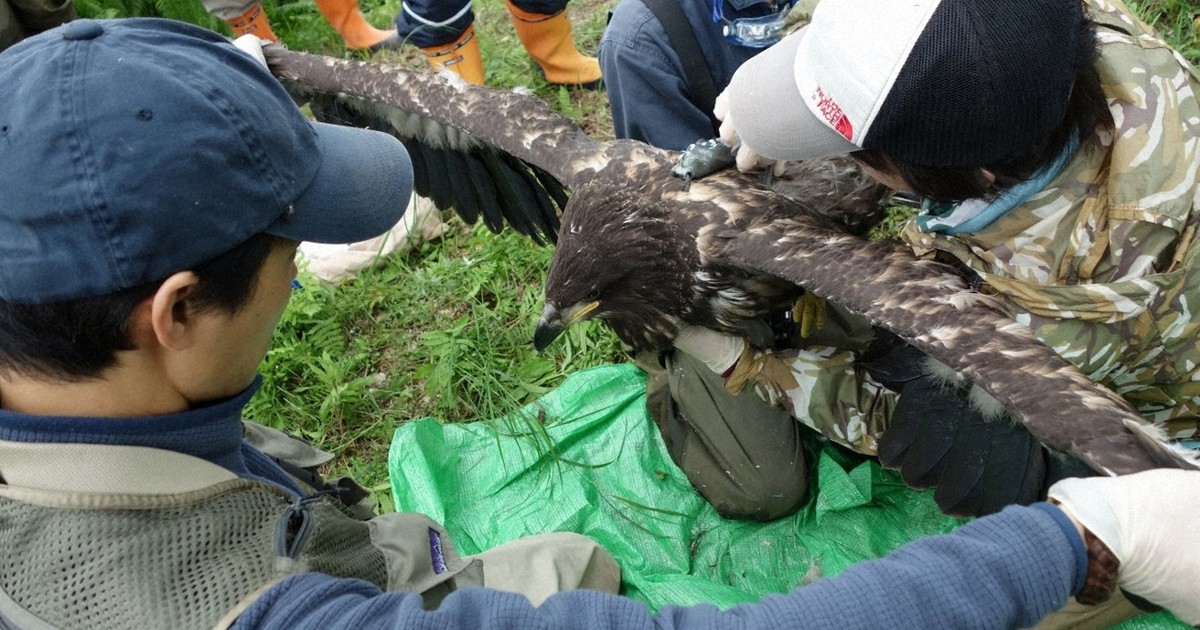
Japan firm falsely claimed no nests of rare eagles at planned solar megaproject site
- 23.03.2025 22:08
- mainichi.jp
- Keywords: False Claims, Environmental Impact
A solar energy firm falsely claimed no nests of white-tailed eagles at its planned project site in Hokkaido. Researchers using GIS analysis found multiple nests, including active ones, within the development area, raising concerns over habitat disruption for the protected species.